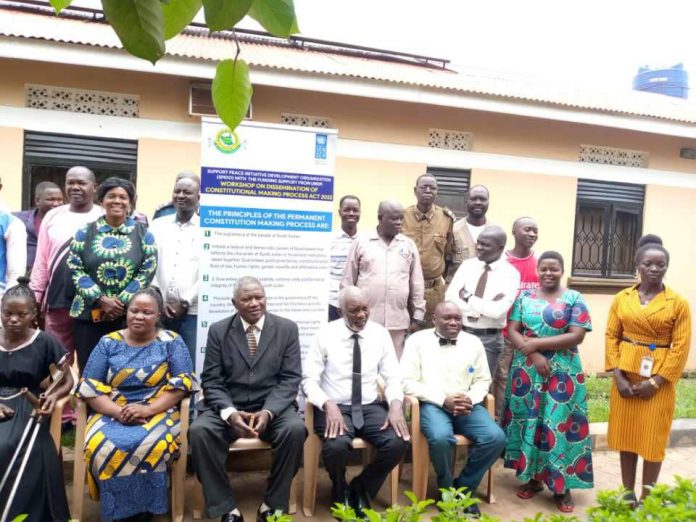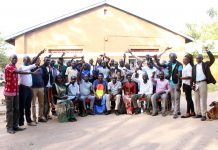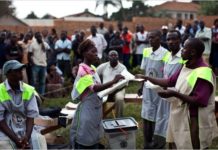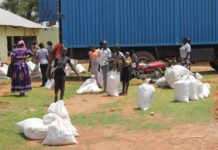
By Jackson Gaaniko Mathew
The Executive Director of Community Empowerment for Progress Organization (CEPO), has urged the South Sudanese government to prioritize immediate funding for critical national bodies, particularly the National Elections Commission and the National Constitutional Review Commission.
Edmund Yakani stressed that such funding is vital to ensure peace, inclusivity, and meaningful citizen participation in the upcoming elections and the constitution-making process.
Speaking to the media, Yakani emphasized the importance of the fund citing it will help kickstart the constitutions-making process.
“I urge the government of South Sudan to fund the National Constitutional Review Commission without delay. This funding is crucial for starting the constitution-making process, including necessary civic education and public engagement.” Said Yakani.
Yakani expressed regrets that the current transitional constitution is unsuitable for overseeing elections. He said only a permanent constitution can provide the legal framework for free and fair elections.
Speaking at a workshop in Western Equatoria State in South Sudan, the activist added that the success of the December 2026 elections hinges on having this framework in place.
Participants echoed Yakani’s concerns, calling for urgent funding and broad participation in the constitution-making process. They also called for expert-led initiatives to increase awareness at the university level and involve local communities in shaping the constitutional framework.
Rotto Anibati Banyanki, a minister in the office of the King of the Azande, appealed to the government to unite and graduate all forces currently in cantonment areas for lasting peace.
“As the Azande Kingdom, we are appealing for peace in South Sudan. The leadership should unite all forces and graduate them,” Rotto urged.
The group emphasized that inclusive representation is essential in drafting the new constitution and shaping the country’s development.
Elias Ginana, a journalist representing civil society and media, stressed the importance of involving local groups and households in raising awareness and disseminating information at the grassroots level. He noted that public engagement should extend beyond large organizations to ensure widespread participation.
This collective call to action highlights the critical need for timely government intervention and inclusive participation to secure South Sudan’s democratic future.




